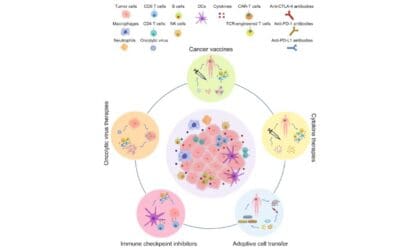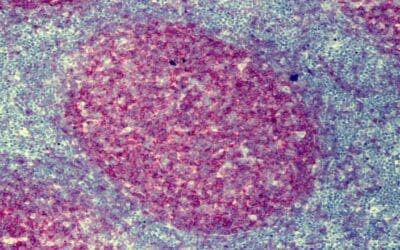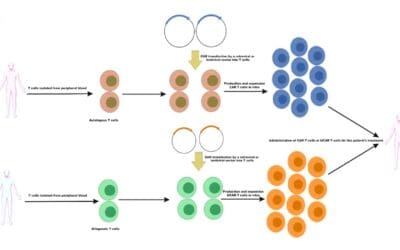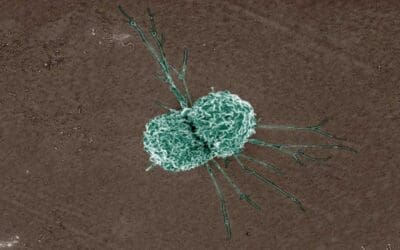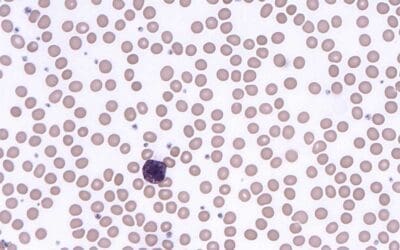Polycythemia has high red blood cell count. Learn causes, symptoms (headache, fatigue), diagnosis (CBC, EPO), and treatment options.
Neutropenia
Neutropenia is a condition with a low count of neutrophils, key infection-fighting white blood cells. This increases susceptibility to various infections.
Infectious Mononucleosis (Mono)
Infectious mononucleosis (Mono), the “kissing disease,” is a common viral illness (EBV). Symptoms include sore throat, fever, fatigue, and swollen glands. Usually resolves on its own.
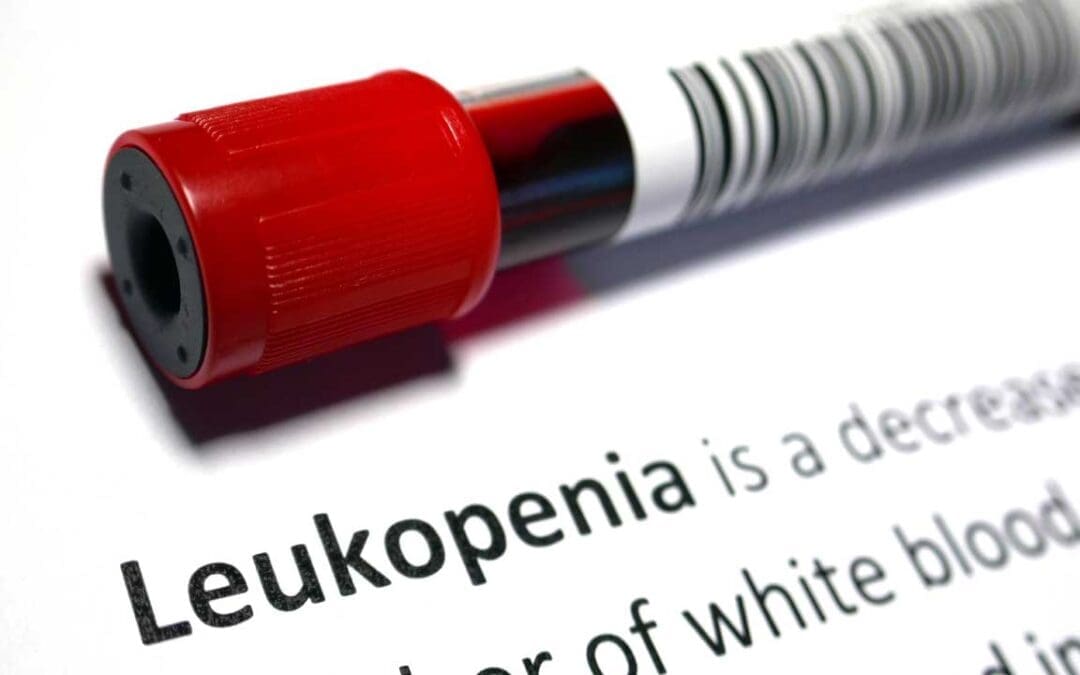
Leukopenia (Low White Cell Count)
Leukopenia: Low white blood cell count, weakening immunity. Learn about causes, symptoms, diagnosis, and management of this condition.
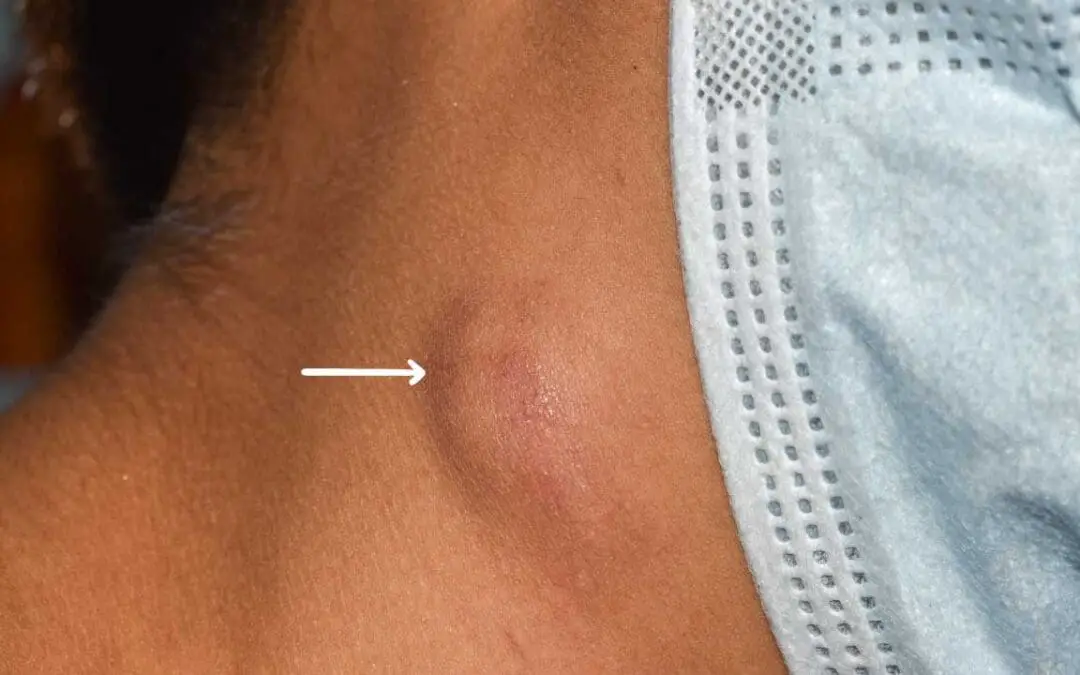
Lymphadenopathy
Lymphadenopathy explained: Learn about swollen lymph nodes, their common causes (infections, inflammation, cancer), key symptoms, diagnostic tests (blood work, biopsy), and available treatment options. Understand when swollen glands are a cause for concern.

Lymphadenopathy
Lymphadenopathy explained: Learn about swollen lymph nodes, their common causes (infections, inflammation, cancer), key symptoms, diagnostic tests (blood work, biopsy), and available treatment options. Understand when swollen glands are a cause for concern.
Burkitt Lymphoma
Burkitt Lymphoma is a rare cancer affecting children and adults. Key symptoms include rapidly growing tumors, often in the jaw or abdomen.
Immunotherapy
Immunotherapy harnesses the body’s immune system to fight cancer. It offers a targeted approach with fewer side effects compared to traditional treatments, providing hope for many cancer patients
Follicular Lymphoma
Follicular lymphoma is a type of slow-growing blood cancer affecting B-cells. Learn about its symptoms, causes, diagnosis, treatment, and prognosis.
CAR T-Cell Treatment
CAR T-cell therapy is a revolutionary cancer treatment using engineered T-cells to target and destroy cancer cells.
Macrophage
Macrophages are essential immune cells that engulf and digest foreign particles, playing a crucial role in inflammation and tissue repair. They are found throughout the body and are involved in various diseases, including infections and cancer.
Basophils
Basophils are white blood cells that play a crucial role in allergic reactions and inflammation. They release histamine and other mediators, contributing to symptoms like sneezing, runny nose, and hives. Elevated basophil counts can be associated with certain conditions, such as asthma and chronic myeloid leukemia.


